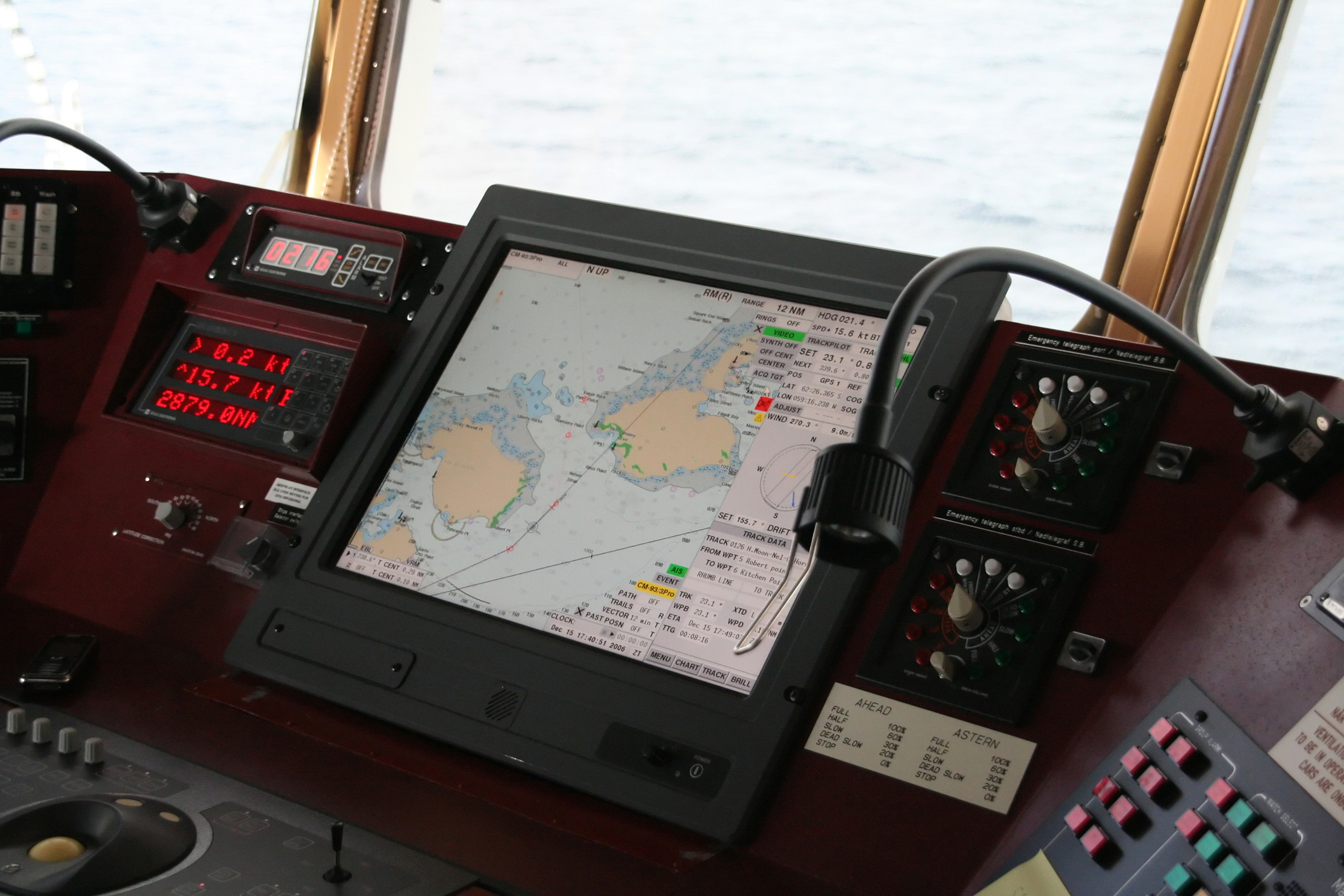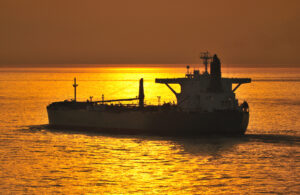Disruptions in Global Navigation Satellite Systems (GNSS) have significantly increased and are adversely affecting vessels navigating in the Gulf of Finland. Finnish and Estonian authorities are warning vessels of potential disruptions and have issued joint guidelines to help vessels prepare for them, according to Finnish Transport and Communications Agency Traficom.
Because of the increased incidence of disruptions affecting maritime transport, Finland and Estonia have issued a navigational warning in the Gulf of Finland. The warning covers the territorial waters and exclusive economic zones (EEZ) of both countries.
Vessels navigating in the Gulf of Finland are automatically informed of GNSS disruptions via the Electronic Navigational Chart (ENC). In addition to the warning, the ENC also provides general guidance on how to operate in the event of disruptions.
“We have informed mariners about the disruptions for over a year now. As the incidence of disruptions has continued to intensify, we and the Estonian maritime authorities concluded that vessels need more information about the situation,” says maritime director Sanna Sonninen from the Finnish Transport and Communications Agency Traficom.
Sonninen also reminds that issuing warnings about hazards at sea is part of the authorities’ duties and normal operation. Similar warnings are issued, for example, about channel construction and cable or pipe-laying works.
Finland and Estonia will also report the disruptions to the International Maritime Organization (IMO). As it is reported, IMO will disseminate the information to all of its 176 member states.
The incidence of disruptions has been increasing throughout the first half of the year and has further intensified in June.
GNSS disruptions make it more difficult for vessels to operate and navigate, increasing the risk of accidents, including serious environmental damage.
On June 10, Traficom and other maritime authorities informed mariners about GNSS disruptions in the Gulf of Finland.
“Disruptions have already caused near misses in the Gulf of Finland. To avoid them in the future, it is important that vessels are prepared for disruptions,” says Sonninen.
Traficom notes that any radio interference observed in Finnish waters to be reported to the agency, which is responsible for investigating incidents of radio interference and compiles situational data on disruptions in Finland.



